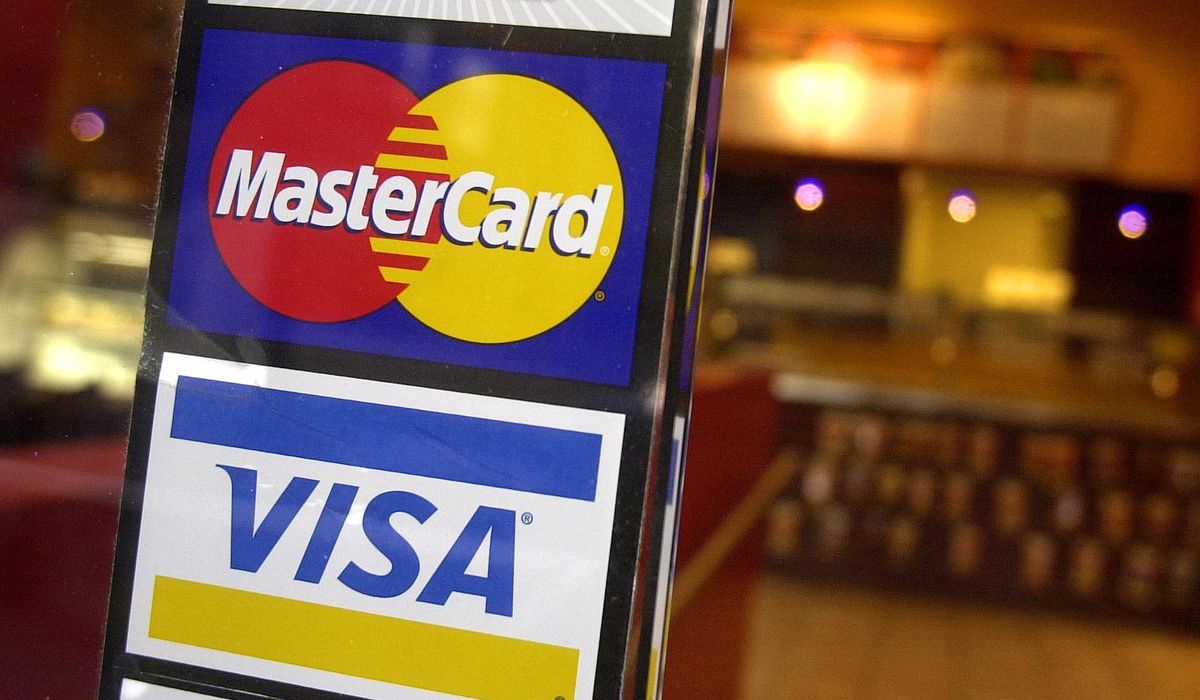


The Biden administration moved Tuesday to ban medical debt from appearing on credit reports, erasing $49 billion in unpaid bills from such records of 15 million Americans.
The rule, which was finalized by the Consumer Financial Protection Bureau, blocks credit cards, banks, auto dealers and other lenders from using medical information when making loan decisions. It also bans lenders from using medical devices such as wheelchairs and prosthetic limbs as collateral for loans and bars them from repossessing devices if patients can’t repay a loan.
White House officials say the change could boost borrowers’ credit scores by an average of 20 points, which would help them qualify for mortgages and other loans they might otherwise have been denied.
Banking groups have sharply criticized the rule. They argue that by limiting creditors’ access to consumers’ medical debt, borrowers may be extended more credit than they can afford, which could lead to default, hurting their ability to qualify for future loans. The groups said that would harm consumers because it would raise the cost of credit while decreasing its availability.
“Credit scores would increase as a result of the proposal [but] those scores would be artificially inflated; they would only rise because certain relevant data would be suppressed. Thus, credit scores would be less reliable, which would compromise lenders’ ability to engage in risk-based underwriting, and credit markets would become less efficient as a result,” the Bank Policy Institute and the Consumer Bankers Association wrote in a letter to the Consumer Financial Protection Bureau.
Debt collection groups also opposed the change. The Association of Credit and Collection Professionals said in a statement that the rule would result in “reduced consequences for not paying your bills, which in turn will reduce access to credit and health care for those that need it most.”
The White House argues that medical debt should be treated differently than other kinds of debt incurred from overspending such as taking out a loan to buy a house or car that a borrower may not be able to afford. Officials say medical debt is not optional and often necessary, therefore should be treated differently.
That makes medical debt less predictive of whether a borrower will repay a loan, administration officials say. They cite a Consumer Financial Protection Bureau study that found the removal of medical debt from credit reports would lead to the approval of roughly 22,000 additional mortgages that can be paid each year.
“People who get sick shouldn’t have their financial future upended,” said Rohit Chopra, the bureau’s director. “The CFPB’s final rule will close a special carve-out that has allowed debt collectors to abuse the credit reporting system to coerce people into paying medical bills they may not even owe.”
An April study by the National Bureau of Economic Research, co-authored by Stanford economics professor Neale Mahoney, found that borrowers were less likely to pay existing medical bills after debt forgiveness. The study also concluded that no evidence exists that forgiving medical debt in collection improved borrowers’ finances, access to credit or their physical or mental health.
In a statement accompanying the study, Mr. Mahoney called the results “largely disappointing.”
He said the debt forgiveness may be “happening too late to make a difference or else there are problems with how it’s done that currently need to be addressed.”
It is unclear if the rule, which will take effect within 60 days after being published in the federal register, will survive the incoming Trump administration.
President-elect Donald Trump didn’t discuss medical debt on the campaign trail, and a transition spokesperson did not respond to a request for comment.
Mr. Trump has pledged to unravel much of the Biden administration’s policies and slash government regulations.
Republican lawmakers have already said they will try to roll back certain Biden-era regulations through the Congressional Review Act, which lets Congress repeal agency rules through a majority vote in both houses.
Some Republicans on the House Financial Services Committee have already signaled that the rule canceling medical debt could be at the top of their list. They sent a letter to Mr. Chopra in August saying they had “serious concerns” over the rule, which they say will “weaken the accuracy and completeness of consumer credit reports.”
They added, “This effort will have significant negative effects on access and affordability of credit for all consumers and particularly for low-income borrowers.”
• Jeff Mordock can be reached at jmordock@washingtontimes.com.
